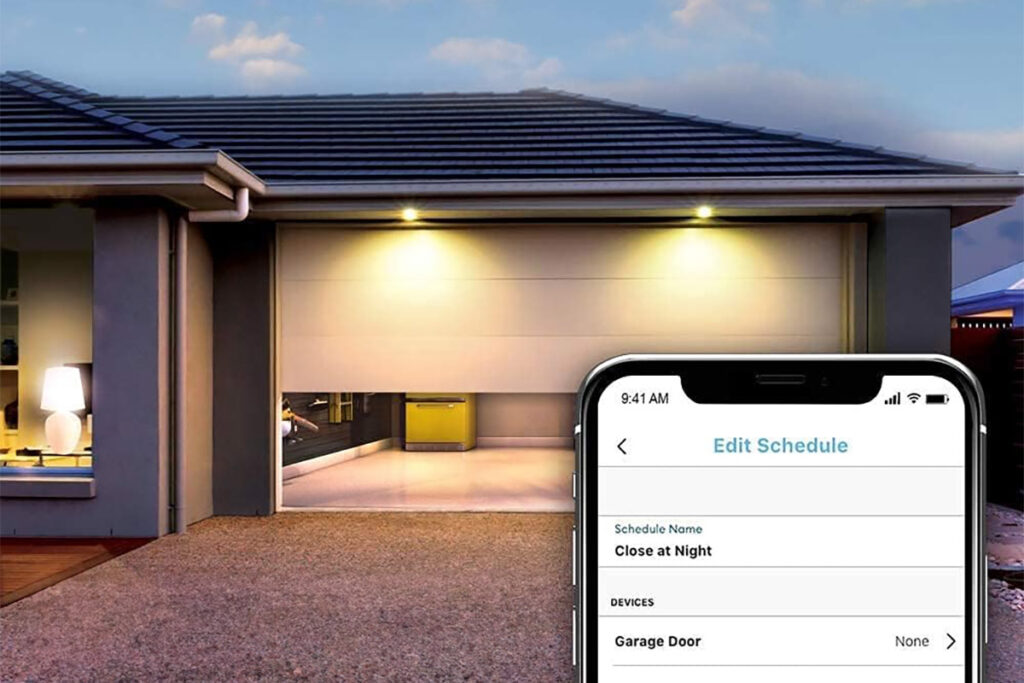In this post:

A car battery is an essential tool for a vehicle. It facilitates smooth automobile operations, and assists in smooth automobile operations. For example, it facilitates the car's ignition and headlights, among other uses.
But, you should prevent your battery terminal from corroding. Terminal corrosion may affect the power flow from your battery. As a result, the car develops some problems.
Effects of corrosion on a car battery terminal

Battery terminal ends play a simple but important role. They connect the car's electrical system to the battery.
These terminal ends have lead or other heavy-duty highly conductive metals. Also, they provide minimum electrical resistance.
Corrosion affects the entire electrical system in a car. It blocks the battery’s power flow.
As a result, your car’s electrical system develops some issues. Also, the vehicle’s engine fails to start. Your car’s on-board computer might have some problems as well.
Direct contact between the terminals and the battery causes corrosion. So, there is an exposure of the terminals to the acidic fumes. The battery acid generates the fumes in question.
Thus, you need to replace your automotive battery if it is old enough. Besides, if it starts leaking, you should replace it as well. You also need a new battery if the corrosion eats the terminals too deep.
So, you should keep inspecting your battery terminals for early corrosion detection. Its signs are powdery white or blue corrosion along the cable or on the terminals.
Reasons for battery terminal corrosion
Various reasons cause corrosion on the terminals. Therefore, there are many kinds of battery terminal corrosions.
The type of corrosions differs in color, texture, and appearance. Thus, this difference depends on the causes of corrosion.
Having said that, here are a few reasons for corrosion on the battery ends.
👉 Related Reading: The 11 Best Places To Buy A Car Battery
Electrolyte leakage

A damaged battery can cause battery fluid leakage. After leaking, the electrolyte accumulates on the terminals. Due to that, corrosion forms on the battery terminals. It affects sealed lead-acid batteries most.
While filling the battery water, some electrolyte may spill out. As a result, corrosion will starts forming as the electrolytes accumulate.
Lithium-ion batteries, which are mostly used in hybrid cars, develop corrosion also.
Overfull battery
Battery water is essential for your battery’s function. But, when in excess, it can lead to battery problems. So, you should ensure it doesn’t exceed the highest markers on the battery.
Excess battery water may find its way out of the battery vents. When it gets into contact with the battery terminals, it leads to corrosion.
👉 Related Reading: How Many Amps Is A Car Battery?
Copper clamps reaction

Copper is a suitable material for making clamps, which connects the battery and the wires. But, copper material cannot corrode by itself.
When electric currents pass through it, it forms copper sulfate. Copper sulfate makes battery terminals corrode.
You can identify this type of corrosion by a bluish precipitate that forms on the terminals. In such cases, your car battery terminals become weak. Consequently, this corrosion damages your car’s battery health.
Overcharging
Likewise, overcharging your battery can lead to terminal corrosion. Moreover, if you overcharge your battery, it will result in a heat up. Also, it turns your battery into a kinetic energy storehouse. As a result, your battery expands in volume.
Consequently, there is an electrolyte push out. This push-out occurs in both flooded and sealed battery types. It can find its way out through the vents or any cracks in your battery.
👉 Related Reading: How Long Does It Take To Charge A Car Battery
Battery Age

Most batteries have a life span of five years if well maintained. So, they might start malfunctioning after this period.
Corrosion might start forming on the battery terminals. As a result, its performance declines.
But, not all batteries will serve you for five years. Various factors dictate the way your battery ages. One of the signs of a failing battery is poor engine performance.
How to fix a corroded battery

Fixing a corroded battery terminal is not easy. You should clean it thoroughly to make it function again. A solvent and a sturdy scrubbing tool are vital for this purpose.
You can use an old toothbrush or a wire brush and a battery cleaner. The following ways can assist you in fixing corrosion from the terminals.
Baking soda – water solution

When accumulated, copper sulfate prevents the battery from effective functioning. A baking soda-water solution is essential for its removal. But, your car’s ignition should be off before you start cleaning.
Then, you should pour the solution gently on the terminals and scrub them thoroughly. After that, flush the solution with clean water. Finally, put back the cramps on the terminals.
Soda

Most soft drinks have carbonic acid in them. This acid is perfect in removing the residue.
First, pour the soda on the terminals and then wash it with a soft sponge. Soda is an excellent alternative for a baking soda-water solution.
Cleaning heavy corrosion
Heavy corrosion, either on the copper cramps or on the terminals, is hard to remove. But, you should not use force to remove the corrosion.
Instead, make a soda-water solution and soak the cramps in it for twenty minutes. Also, you can soak a tissue paper or a soft towel in this solution.
Then, place the wet towel over the terminals for the same duration. Then, inspect the progress to determine if it is good enough.
Preventive measures for battery corrosion
You can prevent corrosion buildup on the battery terminals in various ways. These measures will assist you in maintaining the battery in perfect condition.
Here are a few measures you should apply to fresh or cleaned batteries.
Anti-corrosive sprays

In the current market, many sprays can assist you to prevent terminal corrosion. You can find such sprays in most retail superstores and auto parts stores.
These washers have specially formulated chemicals that prevent corrosion.
Petroleum jelly

Using petroleum jelly is another inexpensive way of preventing corrosion. You should apply a tablespoon of petroleum jelly to each terminal.
First, you should remove the car battery cables from the terminals. Then, you should rub the jelly on each terminal. When reconnecting the battery, start with the positive (red) cable. Then, the negative (black) cable should follow.
Dielectric grease

Dielectric grease also prevents corrosion build up. You can find it at the hardware, home improvement stores, and auto part stores.
When applying the grease, ensure the battery cables aren't connected.
Battery charging

Your battery terminals might corrode due to either undercharging or overcharging. In such a case, you should take it to the mechanic for electrical fault tuning.
Leaving your amplifier or an AC on for long can cause undercharging. As a result, your battery terminals start corroding.
You should avoid such behaviors to save your battery.
Also, you should check the menu for the recommended battery voltage. Adhering to such guidelines helps in preventing corrosion.
👉 Related Reading: Best Car Battery Brand – Review And Guide For The Best Brands
Copper compression terminals

Clamps are perfect electrical components due to their copper materials. The prevent further terminal corrosion, hence an excellent power flow. The tinned copper plays a key role in distributing the electric current evenly.
Keep up with your car maintenance
An excellent car maintenance schedule keeps up is essential. Also, it is vital to follow a vehicle maintenance advice given. Such actions assist in preventing car battery terminals from corroding.
But, you should not underutilize your car battery by only making short trips. Also, you shouldn't draw too much power from the battery. So, you should not use car gadgets for long if the engine is not running.
Therefore, you should always ensure that your car battery is in perfect shape. As a result, you will prevent terminal and clamps corrosion. Besides, you can detect corrosion early enough.
Conclusion
A battery is a crucial car component. It provides electric power to the starter. In turn, the starter sends signals to the spark plugs. The vehicle ignition starts as a result. So, your car might fail to start if your battery has issues.
However, various things can cause your battery to be low on power. But, excessive battery corrosion is the most common reason.
Electrolyte leakage is one of the reasons for battery terminal corrosion. The leak may occur due to poor battery maintenance or damage. Overfilling your battery with battery water can also lead to battery corrosion.
Also, overcharging and copper clamps reactions are reasons for corrosion. However, your car battery can have corrosion if it has surpassed its lifespan.
Hydrogen gas reacts with other gases that might lead to corrosion build up as well. So, you should maintain your car battery well. You should observe the necessary preventive measures.





